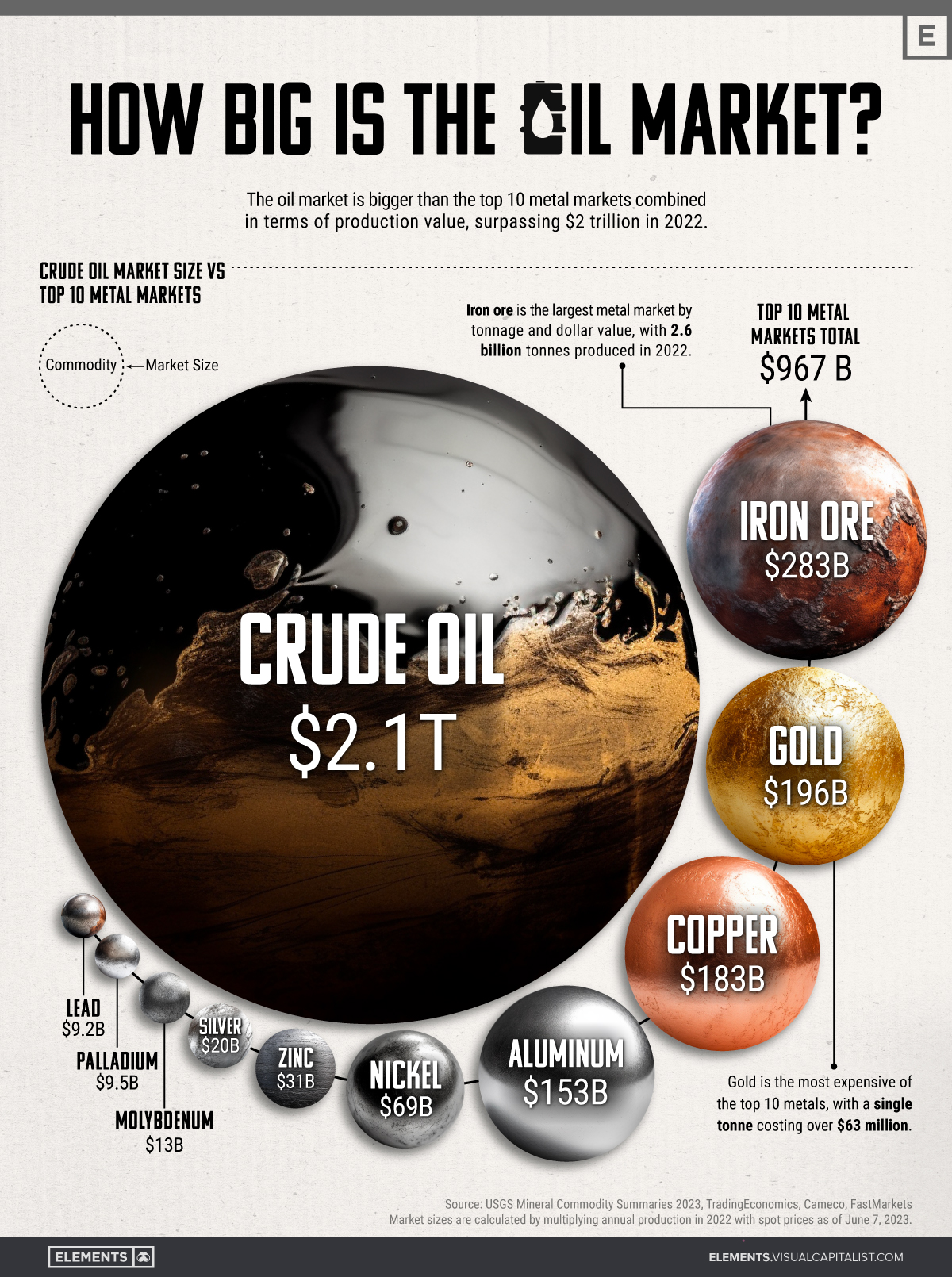How Effective Middle Management Benefits Both Employees And Organizations

Table of Contents
Enhanced Employee Engagement and Productivity
Effective middle management plays a crucial role in fostering a highly engaged and productive workforce. This is achieved through improved communication, increased motivation, and ultimately, a reduction in employee turnover.
Improved Communication and Feedback
Effective middle managers act as a vital bridge, facilitating clear and consistent communication between upper management and front-line employees. This two-way communication stream ensures everyone is on the same page and contributes to a more collaborative work environment.
- Regular team meetings: Dedicated time for discussing goals, progress, and addressing challenges fosters transparency and collaboration.
- Open-door policy: Encouraging open dialogue and addressing employee concerns promptly builds trust and improves morale.
- Constructive criticism and mentoring: Providing regular feedback, both positive and constructive, helps employees develop their skills and improve performance. Mentorship opportunities further enhance employee growth and job satisfaction.
Increased Motivation and Morale
Middle managers who provide consistent support, recognition, and opportunities for growth create a positive and motivating work environment. This leads to increased job satisfaction and a more productive team.
- Regular performance reviews: Providing specific, actionable feedback helps employees understand their strengths and weaknesses and focus on improvement.
- Celebrating team and individual successes: Recognizing accomplishments, both big and small, boosts morale and reinforces positive behavior.
- Delegating tasks appropriately: Empowering employees by assigning them challenging yet achievable tasks increases their sense of responsibility and ownership.
Reduced Employee Turnover
A supportive and engaged workforce is less likely to seek employment elsewhere. Effective middle management directly contributes to higher retention rates by fostering a positive and fulfilling work environment.
- Clear career progression paths: Providing employees with a clear understanding of potential career advancement within the organization increases their commitment and loyalty.
- Opportunities for professional development and training: Investing in employee growth demonstrates a commitment to their future and enhances their skills.
- Fair and consistent treatment: Ensuring all employees are treated fairly and consistently creates a sense of equity and respect, contributing to higher retention.
Streamlined Operations and Increased Efficiency
Effective middle management is instrumental in streamlining operations and boosting overall efficiency within an organization. This is achieved through effective resource allocation, improved project management, and enhanced decision-making processes.
Effective Resource Allocation
Middle managers are responsible for optimizing the allocation of resources – human, financial, and technological – to ensure maximum efficiency and achieve organizational goals.
- Strategic planning and budgeting: Developing well-defined plans and budgets ensures resources are used effectively to meet organizational objectives.
- Monitoring progress against key performance indicators (KPIs): Tracking KPIs provides valuable insights into performance and helps identify areas for improvement.
- Identifying and addressing bottlenecks in workflows: Proactively identifying and resolving workflow inefficiencies improves overall productivity.
Improved Project Management and Execution
Effective middle management ensures projects are completed on time and within budget. This involves clear delegation of responsibilities and effective monitoring of progress.
- Clear delegation of responsibilities and accountability: Clearly defining roles and responsibilities minimizes confusion and ensures accountability.
- Regular monitoring of project progress and timely intervention when necessary: Proactive monitoring allows for early identification and resolution of potential problems.
- Effective problem-solving and conflict resolution: Addressing conflicts and solving problems efficiently keeps projects on track.
Enhanced Decision-Making
Middle managers make crucial decisions impacting their teams and contribute to the overall organizational strategy. Their ability to make informed decisions is critical to the organization's success.
- Data-driven decision-making: Using data and analytics to inform decision-making ensures choices are based on objective information.
- Collaboration with other departments: Working collaboratively with other departments ensures alignment of goals and avoids duplicated efforts.
- Adaptability and responsiveness to changing circumstances: Effectively responding to changing circumstances demonstrates flexibility and resilience.
Improved Organizational Culture and Alignment
Effective middle management plays a pivotal role in shaping a positive organizational culture and ensuring alignment between team goals and overall organizational strategy.
Fostering a Positive Work Environment
Middle managers contribute significantly to a positive and inclusive workplace culture, fostering teamwork, open communication, and a sense of community.
- Promoting teamwork and collaboration: Encouraging teamwork and collaboration among team members creates a supportive and collaborative work environment.
- Encouraging open communication and feedback: Facilitating open communication and feedback creates a culture of transparency and trust.
- Creating a sense of belonging and community: Fostering a sense of belonging and community among team members increases employee engagement and job satisfaction.
Aligning Team Goals with Organizational Strategy
Middle managers translate organizational goals into actionable plans for their teams, ensuring everyone is working towards the same objectives.
- Communicating the company vision and mission effectively: Clearly communicating the company's vision and mission ensures everyone understands the organization's goals.
- Ensuring team goals are aligned with overall organizational strategy: Aligning team goals with the overall organizational strategy ensures everyone is working towards the same objectives.
- Monitoring progress and making adjustments as needed: Regularly monitoring progress and making adjustments as needed ensures the team stays on track.
Conclusion
Effective middle management is not merely a management level; it's the cornerstone of a thriving organization. By fostering employee engagement, streamlining operations, and cultivating a positive work environment, strong middle managers significantly contribute to increased productivity, reduced turnover, and improved overall organizational success. Investing in training and development for middle management is a crucial step towards building a high-performing team and achieving long-term organizational goals. To unlock the full potential of your organization, prioritize the development of your effective middle management team today. Invest in building strong middle management skills and watch your organization flourish.

Featured Posts
-
 Us Dollar Rises As Trumps Criticism Of Fed Chair Powell Subsides
Apr 24, 2025
Us Dollar Rises As Trumps Criticism Of Fed Chair Powell Subsides
Apr 24, 2025 -
 24 Year Old Ella Bleu Travoltas Fashion Magazine Cover A Family Legacy Continues
Apr 24, 2025
24 Year Old Ella Bleu Travoltas Fashion Magazine Cover A Family Legacy Continues
Apr 24, 2025 -
 Daily Oil Market Report April 23rd Price And News Summary
Apr 24, 2025
Daily Oil Market Report April 23rd Price And News Summary
Apr 24, 2025 -
 B And B April 3 Recap Liam Collapses After Major Argument With Bill
Apr 24, 2025
B And B April 3 Recap Liam Collapses After Major Argument With Bill
Apr 24, 2025 -
 The Business Of Deportation How One Startup Airline Is Making It Work
Apr 24, 2025
The Business Of Deportation How One Startup Airline Is Making It Work
Apr 24, 2025
